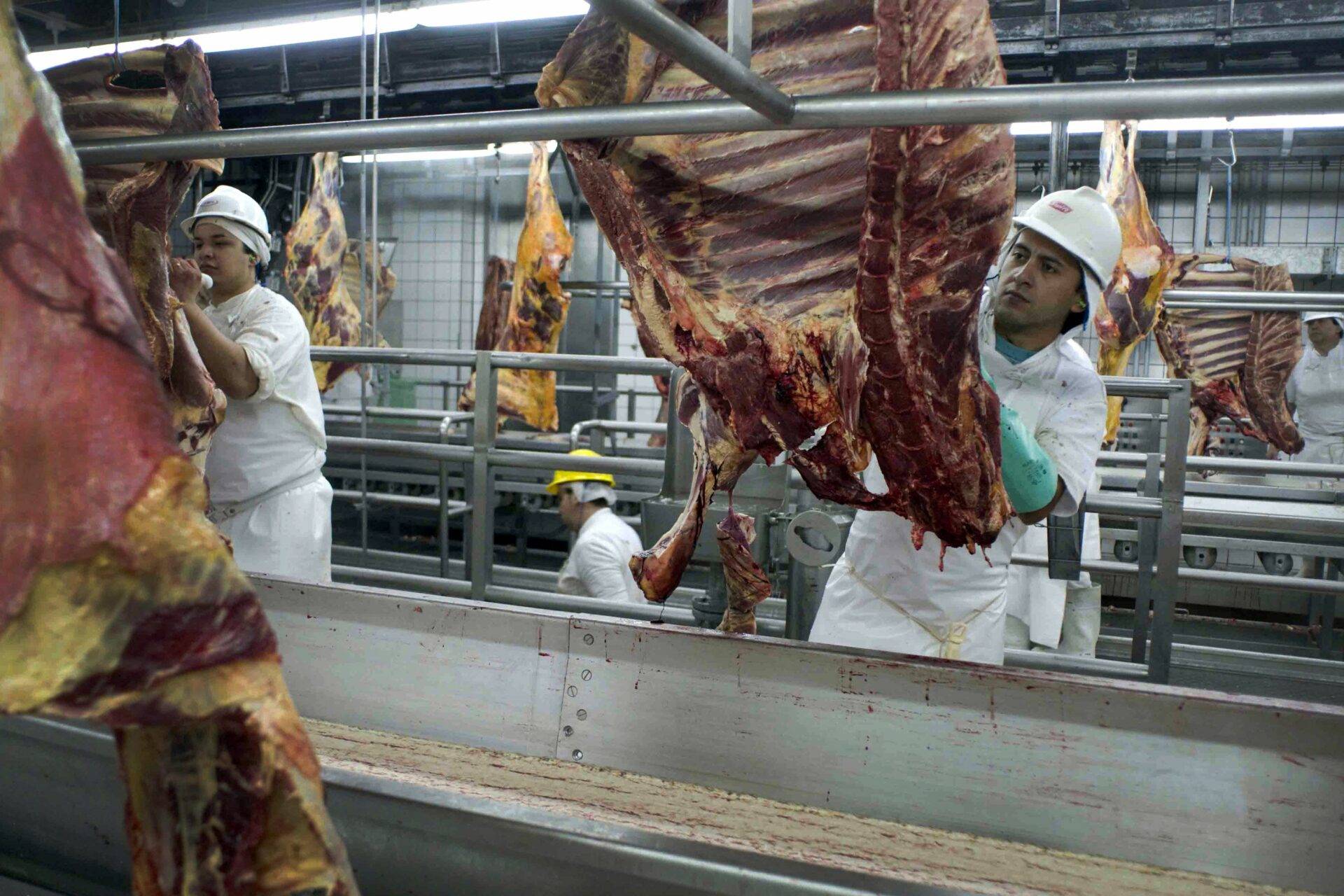The Middle East’s meat industry is a crucial component of the region’s food security and economic development. With a growing population and rising income levels driving demand for protein-rich foods, meat production has become increasingly important in meeting consumer needs. In this report, we delve into the dynamics of the Middle East’s meat industry, highlighting key players and the largest meat producers shaping the landscape.
Unlocking the Middle East’s Meat Industry: A Comprehensive Overview
Market Dynamics
The Middle East’s meat industry is characterized by a diverse range of production systems and species, including beef, lamb, poultry, and camel meat. While traditional husbandry practices remain prevalent, modern production methods, such as intensive farming and feedlot operations, are gaining traction to meet the growing demand for meat.
Consumption Trends
Meat consumption in the Middle East has been steadily increasing due to population growth, urbanization, and changing dietary habits. Poultry meat, in particular, has seen significant growth, driven by its affordability, versatility, and perceived health benefits.
Challenges and Opportunities
The Middle East’s meat industry faces several challenges, including water scarcity, environmental sustainability, disease outbreaks, and import dependence. However, these challenges also present opportunities for innovation, investment, and market development in the region.
Top Meat Producers in the Middle East
1. Al Islami Foods
Country: United Arab Emirates
Key Products: Halal poultry, beef, and lamb
Al Islami Foods is a leading halal meat producer in the Middle East, known for its high-quality products and adherence to Islamic dietary laws.
2. Al Rawdah
Country: United Arab Emirates
Key Products: Poultry
Al Rawdah is one of the largest poultry producers in the UAE, with integrated operations spanning breeding, hatcheries, farms, and processing facilities.
3. Americana Group
Country: Kuwait
Key Products: Poultry, beef, and processed meats
Americana Group is a diversified food company with meat processing operations across the Middle East, offering a wide range of products under various brands.
4. Tanmiah Food Group
Country: Saudi Arabia
Key Products: Poultry and processed meats
Tanmiah Food Group is a major poultry producer in Saudi Arabia, with vertically integrated operations encompassing breeding, farming, and processing.
5. National Food Products Company (NFPC)
Country: United Arab Emirates
Key Products: Poultry and processed meats
NFPC is a leading food and beverage company in the UAE, with a significant presence in the meat processing sector, supplying both domestic and international markets.
6. Al Watania
Country: Saudi Arabia
Key Products: Poultry and processed meats
Al Watania is one of the largest poultry producers in Saudi Arabia, with a focus on vertical integration and sustainable farming practices.
7. Almarai
Country: Saudi Arabia
Key Products: Dairy and processed meats
Almarai is a leading dairy company in the Middle East, with diversified operations that include meat processing and distribution.
8. Kuwait Food Company (Americana)
Country: Kuwait
Key Products: Poultry, beef, and processed meats
Kuwait Food Company, also known as Americana, is a major player in the Middle East’s meat industry, with a focus on quality and innovation.
9. Emirates Modern Poultry Co. (Al Rawdah)
Country: United Arab Emirates
Key Products: Poultry
Emirates Modern Poultry Co., part of the Al Rawdah Group, is a prominent poultry producer in the UAE, known for its modern farming practices and product quality.
10. Ghazal Al Khair Poultry
Country: Saudi Arabia
Key Products: Poultry
Ghazal Al Khair Poultry is a leading poultry producer in Saudi Arabia, supplying fresh and processed chicken products to the domestic market.
Conclusion
The Middle East’s meat industry is a dynamic and evolving sector, driven by changing consumer preferences, population growth, and economic development. While facing challenges such as water scarcity, environmental sustainability, and import dependence, the region’s meat producers are leveraging innovation, investment, and technology to meet demand and ensure food security. By embracing modern production methods, sustainability practices, and market development strategies, the Middle East’s meat industry is poised for continued growth and prosperity in the years to come.




